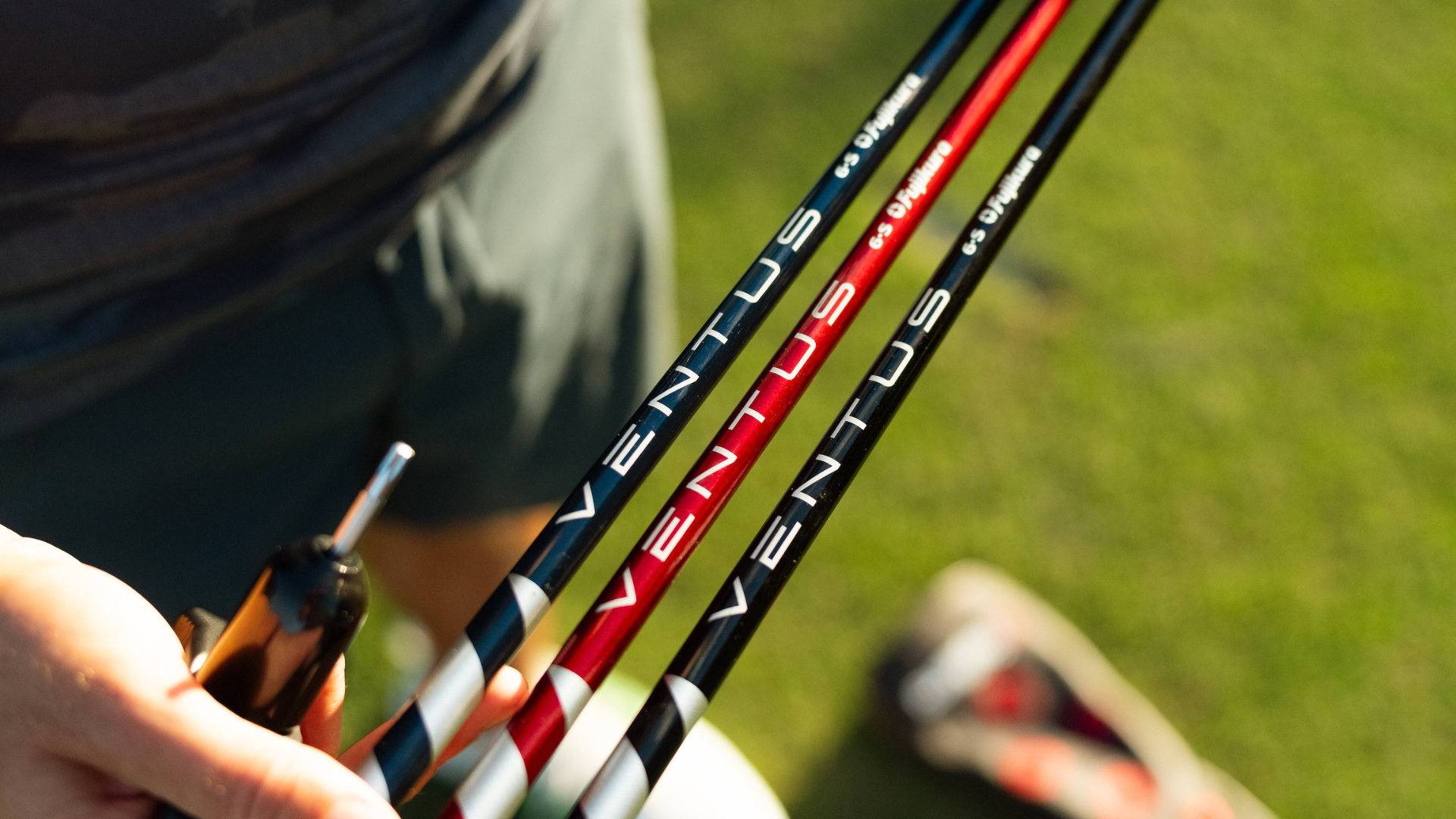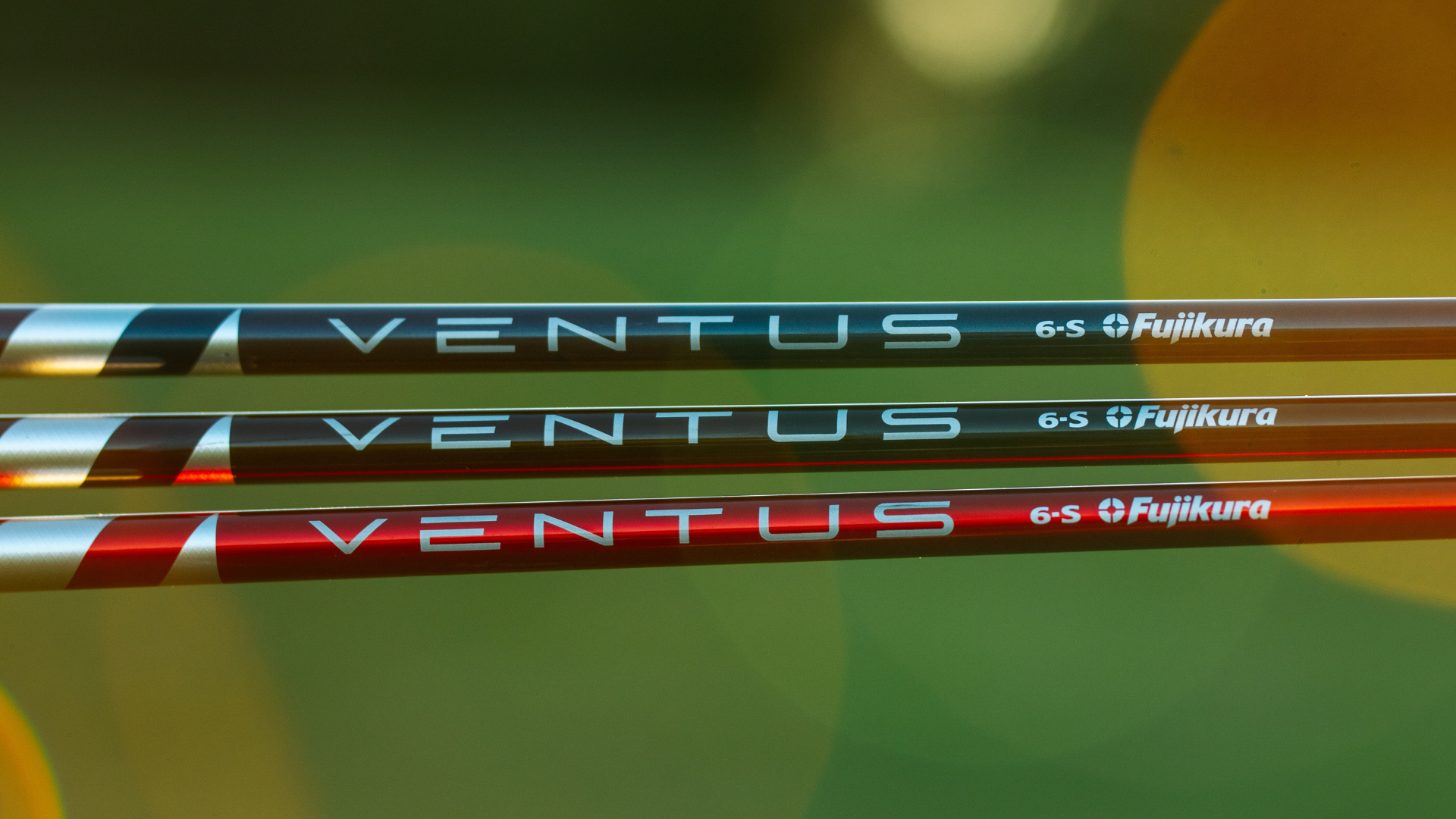
Whether you are a Tour Pro or a 25 handicapper, if you want to perform to your best you need to have the right shafts to suit your game. For the average golfer that requires a professional fitting, which is well worth it in the long run because when you know your shaft specifications it makes it much easier to buy clubs in the future, but more importantly it will really help you add consistency of strike while maximising launch and distance, especially with driver.
Professional golfers know the value of finding the perfect shaft and they will change their driver head far more frequently than they will switch to a different shaft. Many of them opt for Fujikura shafts, which is the most played shaft brand on tour.
When it comes to the average pleasure golfer, their knowledge of the golf shaft does not usually extend beyond being aware of the different flexes. Many amateurs will know whether they need a senior, regular or stiff flex, but few casual golfers are aware of the importance of torque, or how a shaft’s kick point can influence the shape of a shot.
For example, not all regular flex shafts will perform the same, even when they are from the same brand such as Fujikura. A couple of years ago I had a driver fitting with Wilson Staff and it really opened my eyes as to the subtle - and sometimes not so subtle - differences a change in shaft can make, even when it’s the same flex from the same brand.

I was using a TaylorMade Stealth HD driver with the stock regular flex Fujikura Air Speeder shaft that came with it, but I was being fitted for Wilson’s new Dynapower driver and after seeing me hit a few shots the fitters quickly determined that I was losing distance and accuracy because that shaft wasn’t right for me. It was a high quality shaft but it did not suit my swing and they recommended the Fujikura VENTUS Blue 6. At the time my swing speed was in between a stiff and regular flex shaft, so they wanted me to try both flexes in the Dynapower head to see which suited me best.
The Air Speeder shaft was producing too much spin, costing me around 10 yards. In addition, accuracy was also an issue, as it had always been for me with driver. The fitters told me they could improve this with a different shaft and they did. First they handed me a Dynapower driver fitted with a VENTUS Blue 6 shaft in a stiff flex and told me to expect a lower, more penetrating flight with a much tighter dispersion. That’s exactly what happened, plus I gained around 10-12 yards carry.
But that was a stiff flex versus a regular, so some difference was to be expected. The surprising thing was the difference between the regular flex VENTUS Blue 6 and the Air Speeder, as I gained 15 yards carry on a lower launch and flight. That’s two different regular flex shafts from the same brand, performing vastly differently. I have since discovered that Air Speeder is the highest launch and spin shaft in the Fujikura range, so while not ideal for me it will suit golfers who have difficulty getting the ball in the air.
Until that fitting I hadn’t appreciated the importance of the shaft and how subtle differences between them can really have an impact on ball flight and distance. Finding the right flex is a starting point, not an end point, and there is no ‘one size fits all’ solution.

So why is having the right shaft so important and what are the benefits to be had? Let’s start with the flex. If your flex is too stiff then you will struggle to get height on your shots. The ball will spin less and it will launch low, whereas a shaft that’s too weak will see spin numbers increase and your ball may balloon up into the air. Your dispersion will widen too.
Swing speed is the main factor in determining the flex you require. Slower swingers will require a softer flex shaft while golfers with high speeds need a stiffer flex. If your shots are low and not spinning much, go to a softer flex. If they’re ballooning up with too much spin, go to a firmer one. If, like me, your speed falls in between flexes then try both.
The weight of a shaft is a consideration too. A heavier regular flex will have similar performance traits to a stiff shaft, with a lower launch and spin. A lighter shaft will cause the ball to fly higher and spin more. Shaft weight doesn’t impact swing speed as much as you might think, but a lighter shaft can increase the rate of closure and cause you to lose shots to the left, so if you are hooking a lot then try a heavier shaft.
Then there’s the kick point, which refers to the part of the shaft that bends during the swing. A high kick point would see the club bending higher up in the downswing, causing a lower ball flight, while a low kick point sees the shaft bend lower down nearer to the point of impact, causing a higher launch. So you can have two shafts of the same flex, from the same company, that will perform very differently.
The final aspect is torque. A high torque shaft will feel quite whippy, whereas a low torque will have a stiffer feel. So a regular flex shaft with a low torque may feel and perform more like a stiff flex shaft.
All of these things will massively influence ball flight, shot shape, accuracy and distance so if you are struggling for consistency off the tee think about experimenting with different shafts as it really could be the solution you’ve been searching for.







